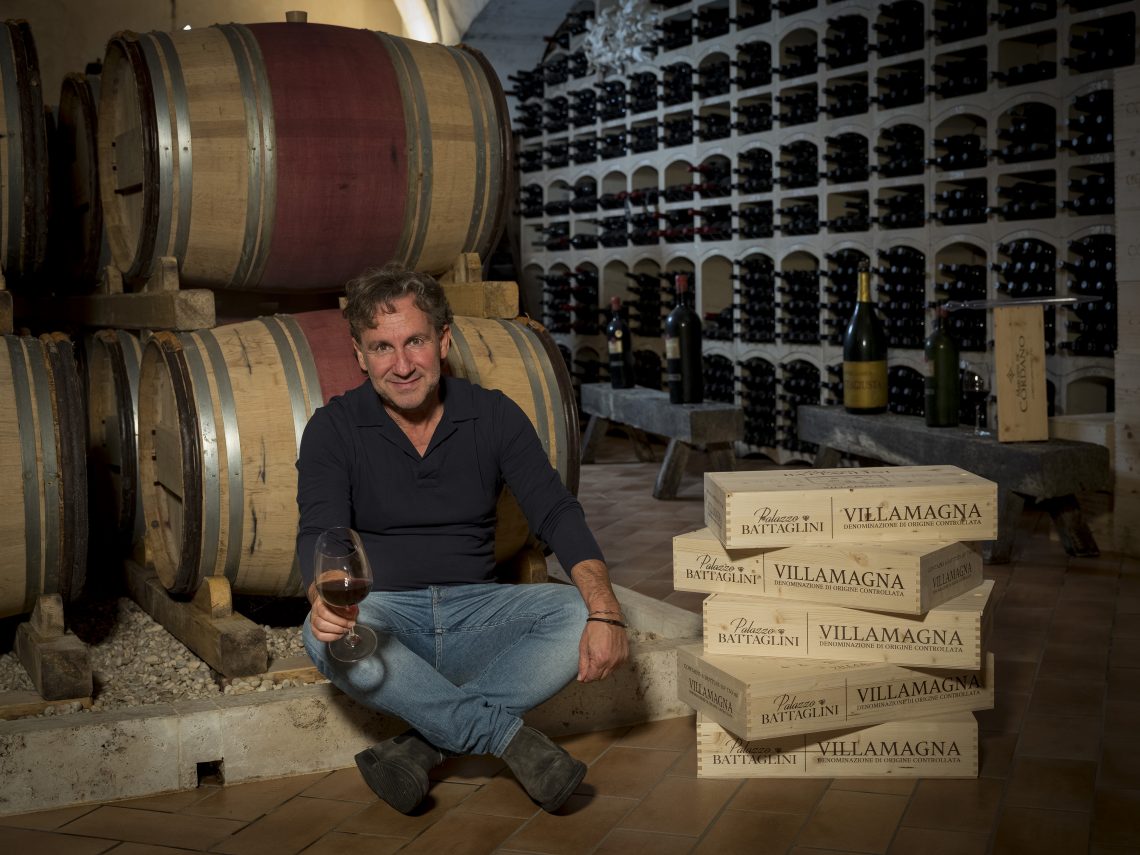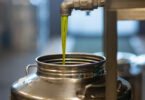The Wolf Post, supported by a Cultural Association, offers a professional service with free access, without subscription.
For this reason, a donation would also be a sign of appreciation for our work.
Credits: © Ph. Vittorio Festa Enologo
The cellar is the beating heart of the company where the manual skills of the operators and the knowledge of the winemaker merge. Of course, today, technology is an indispensable element which, however, according to some, has taken poetry away from a work that is lost in the mists of time.
We ask the oenologist Vittorio Festa for his opinion on the matter.
What is your opinion on the statement: “Wine is no longer made in the vineyard, but only in the cellar”? A cliché sentence or does it hide a grain of truth?
It is a too superficial a statement and offends the work of the winemaker and those who work in the vineyard. We could say that starting from healthy grapes, harvested at the right degree of ripeness, makes the work of those who work in the cellar much easier. The work in the vineyard is decisive on the wine that will be obtained.
How much has technology in the cellar improved and how depersonalized the work of the winemaker?
I believe that the equipment or the use of some yeasts determine the quality of the wine. To produce quality wine there is no recipe, but there are many variables and grapes are the main element and the modus operandi in the cellar will be adapted to the raw material which varies from year to year based on the climatic trend. Otherwise, it would mean assimilating it to an industrial drink. Innovation, research, experimentation have led to an improvement of the entire supply chain, benefits that we find from the vineyard to the bottle with a control that goes from fertilization to bottling. Today, we are able to monitor everything: from a treatment in the vineyard to the oxygen present in the bottle and this allows us to improve the quality of the wine, for example, technology has made it possible to contain or eliminate many additives and adjuvants used in the past.
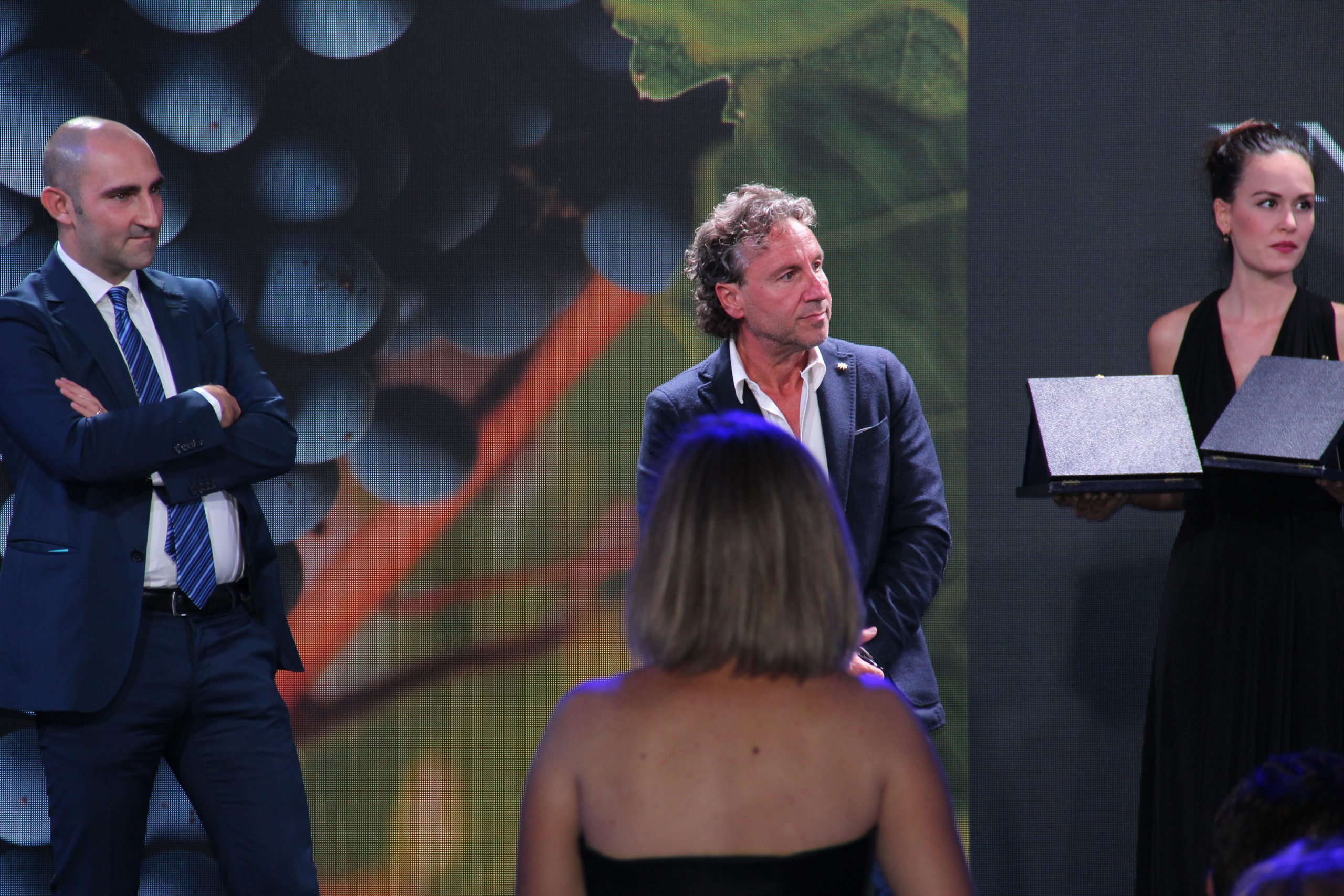
© Vittorio Festa
According to your experience, which technological tool today is impossible to give up?
Instinctively, I could say two things: Pumps of indispensable quality that guarantee a movement of the wine and that treat the wine in a delicate way to reduce oxidation.
Another aspect is the management of temperatures which is fundamental both in the fermentation phase of the musts and in the refinement and storage and in the bottling phase.
The central relationship to obtaining wine always remains the man and his experience and expertise and the raw material.
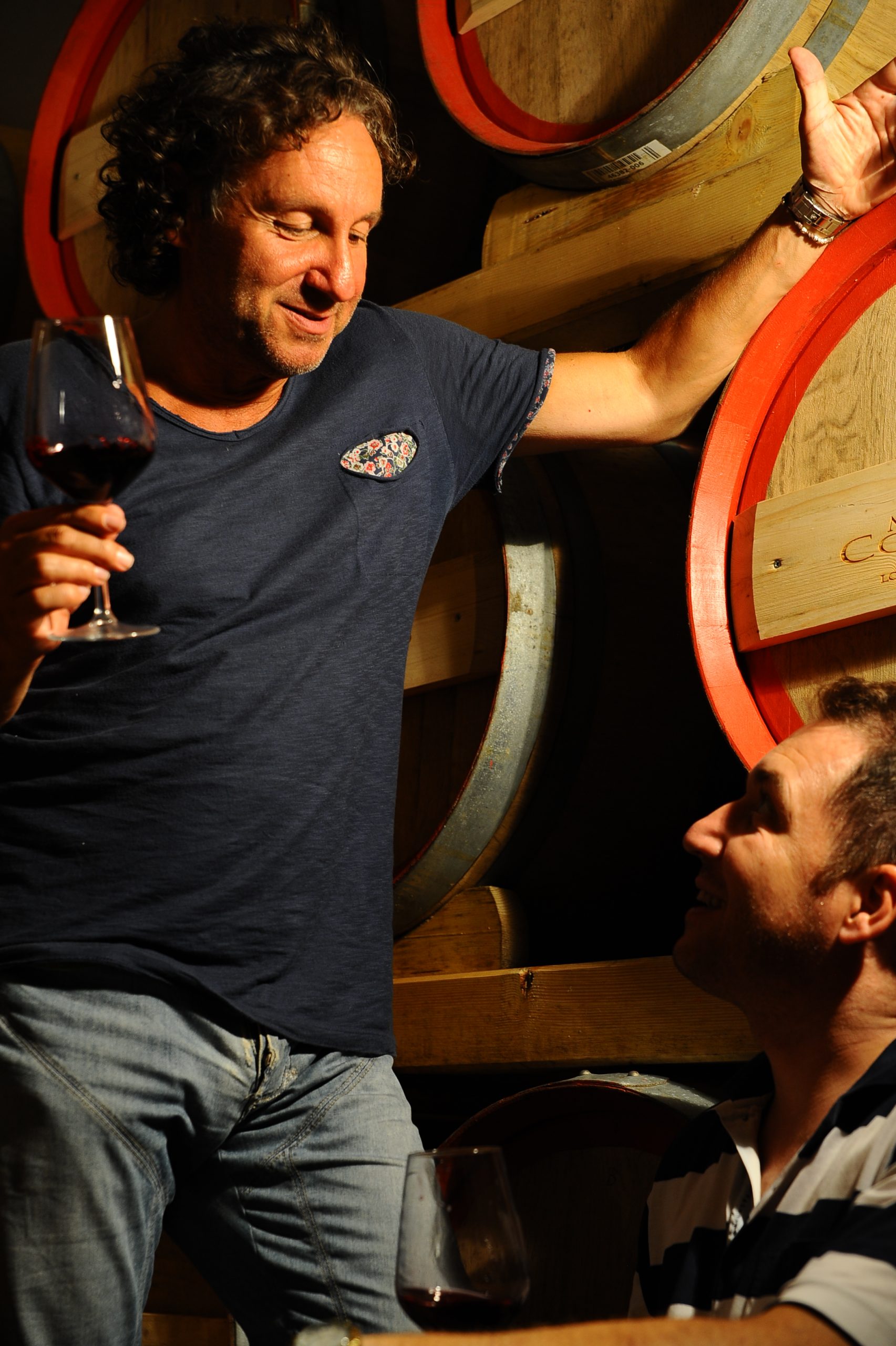
© Vittorio Festa
What are the main criticalities of a winery and what is your modus operandi to solve them?
This answer is very broad and it would take a long time to get deeper into the discussion. Wine has a very complex supply chain that starts from the vineyard to bottling and beyond. Each stage of processing has its criticalities (just think that we start from the grapes and arrive at the wine.) Clearly, the criticality threshold could be on the bottling and pre-bottling/filtration phase. All phases can be at risk (sometimes the works have been thwarted due to a superficial management in the last phase or the choice of an unsuitable cap) if not monitored. Technology is not always the guarantee that everything goes well, if not used in the right way and above all continuously monitored. It is always the presence of man that makes the difference.
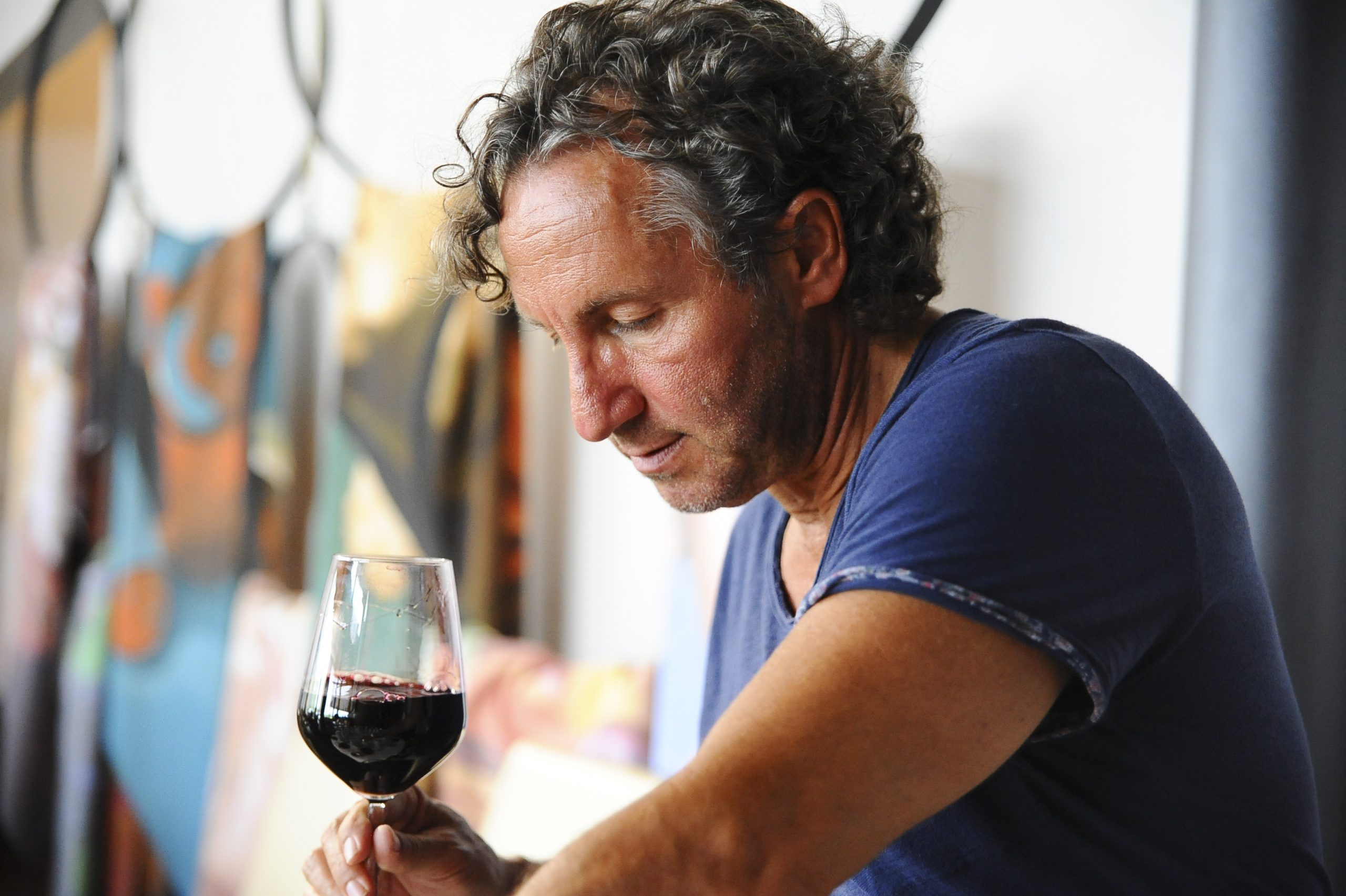
© Vittorio Festa
In your imagination, how should your ideal cellar be structured? Did you manage to find it in any company?
Perfection no but the heart and soul yes.
The philosophy of work is also fundamental to know which wine you want to make. Today, technology allows us to improve also on the hygiene aspect, so it is not said that technology makes the best wine. You cannot always have all the means you need and, therefore, the man who takes over must know how to exploit the means available even with modifications made to art and adapted to specific needs. Obviously, without creating problems for the wine, safeguard the quality. With a little inventiveness and creativity you can find the right solution by working with a team, without buying all the material. Are needed: the oenologist and his expertise, the creativity of the producer and the group and, of course, a great passion for one’s work: to create even when there is not everything you need.
I had the opportunity, in some cases, to taste wines in beautiful cellars, technologically perfect but without soul and personality. On the contrary, I found myself in cellars without technology and found in the tasting glass wines of great personality, character and soul where the producer manages to convey all these emotions.


